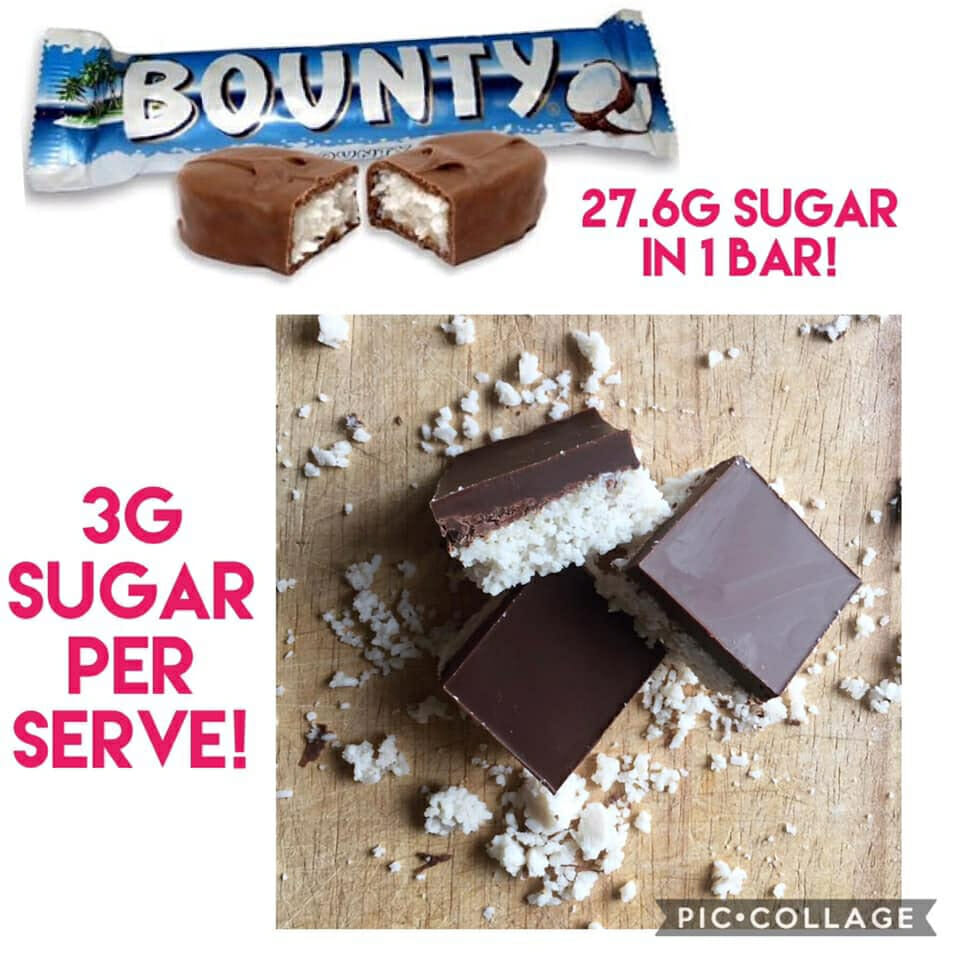Diet and Nutrition
Why a Vegan Diet is Good for Your Heart Health
We hear the statistics all the time. Every year, some form of cardiovascular disease accounts for the death of 800,000 Americans. Worldwide, that number is approaching 18 million people, according to the World Health Organization.
Diseases of the heart and circulatory system are by far the leading cause of death among both men and women, taking the lives of nearly twice as many people as cancer.
Why is heart disease so prevalent and potentially life-threatening? Genetic factors are well known to increase a person’s risk of developing heart disease. A family history of heart disease can comprise up to 50 percent of a person’s risk potential. The other half of that risk is related to lifestyle factors such as diet, exercise, and alcohol and tobacco use.
However, just as people with a high genetic risk should not despair, those without a hereditary risk should not take it for granted. Poor lifestyle choices alone can increase a person’s risk beyond that of someone with a genetic risk who chooses to eat healthy, stay active and avoid tobacco.
What Exactly is “Cardiovascular Disease”?
There are a variety of conditions within this category of disease, but heart attacks and strokes are the acute, often deadly events we most commonly associate with cardiovascular disease. These happen when a blockage of fatty deposits known as “plaque” builds up over time inside blood vessels that supply the heart and brain with oxygen. Plaque build-up can restrict the flow of oxygen to the heart or brain, and soft, vulnerable plaques can break free and cause a partial or total blockage of an artery.
How Do Animal Products Increase Your Risk of Heart Disease?
Though there is a lot of focus on the effects of cholesterol on heart disease, the damage of diets high in animal products goes far beyond cholesterol and saturated fats. Diets high in animal-derived foods tend to be pro-inflammatory.
Consuming an abundance of red and processed meats can create an imbalance in the normal omega-6 to omega-3 fatty acid ratio. This imbalance can promote chronic inflammation, which can accelerate the progression of atherosclerosis—hardening of the arteries due to plaque build-up.
What Kinds of Vegan Foods Can Help Reduce the Risk of Heart Disease?
A plant-based diet can promote a healthy heart and cardiovascular system in a variety of ways. Beyond reducing the risks of harmful ingredients associated with a meat-centered diet, vegans get more of the essential, beneficial heart-healthy nutrients found in different vegetables and other foods.
Leafy Greens and Cruciferous Vegetables
This covers a diverse list of vegetables that includes spinach, lettuce, arugula, kale, broccoli, cauliflower, Brussels sprouts, collard greens, and more. One thing they have in common is that they are all good sources of vitamin K. Research strongly suggests vitamin K reduces the risk of atherosclerosis-related cardiovascular disease, or the stiffening of the arteries, by slowing the calcification of blood vessels and fighting inflammation, in addition to its role in regulating blood clotting.
Leafy greens also help reduce blood pressure because they are high in dietary nitrates, which convert to nitric oxide in the body to promote healthy circulation, which in turn can support increased physical activity and weight loss.
Foods High in Fiber
Soluble fiber captures undesirable LDL cholesterol and helps scrub it from the body before it can be absorbed. Soluble fiber also acts as prebiotics, promoting the growth of healthy, beneficial bacteria in the gut. This has profound anti-inflammatory effects. Good sources of fiber include beans and other legumes, as well as whole grains such as brown rice, oats, rye, barley, buckwheat, and quinoa. Several fruits, berries, and vegetables also bring a lot of fiber to the table.
Since spinach and kale are also rich in fiber, there is yet another reason to get plenty of leafy greens.
Antioxidants
Fresh or frozen berries, such as strawberries and blueberries, not only have plenty of cell-protecting antioxidants, but they bring a healthy dose of fiber and phytonutrients. Beware of dried fruits, however, as they typically have far more sugar and as little as one-fifth of the nutrients of fresh fruits.
Good Fats
Extra virgin olive oil, organic, expeller-pressed, unrefined sunflower and sesame seed oil, avocados, and nuts and seeds offer polyunsaturated and monounsaturated fats that discourage blood clotting and inflammation. It’s a great idea to replace any saturated fats or trans fats with these types of foods and ingredients.
What Beneficial Things Might a Strict Vegan Be Missing?
One gap in the vegan or vegetarian diet is omega-3 fatty acids, which are most readily obtained by eating fish or taking fish oil supplements. Flaxseed, chia seeds, and walnuts are some good plant-based sources of omega-3, although they fall short in meeting the critical DHA needs. A good clean fish oil is needed to ensure optimal levels of DHA.
Other important nutrients include vitamin B12, magnesium, and vitamin D, which help the body absorb calcium and is primarily obtained from sunlight. These nutrients are very important to optimal body function, and deficiencies are not exclusive to vegans or vegetarians.
It’s a good idea to have a reliable source for these and other nutrients when choosing a heart-healthy vegan diet. There are options out there today, including our Heart / Cardiovascular Rescue Plan.
Contrary to popular belief, a vegan diet does not automatically mean you’ll develop a protein deficiency. It’s more likely that meat-eaters are experiencing a protein excess. In reality, a balanced plant-based diet that includes a variety of nuts, legumes, and grains will deliver a more than adequate supply of complete protein.
Being Vegan is a Good Thing for Your Heart, But It’s Not the Only Thing.
Getting regular exercise, avoiding refined sugars and starches, not smoking, and drinking alcohol in moderation (or not at all) are other important lifestyle choices that help in lowering your risk of cardiovascular disease, whether or not you have inherited risk factors.
Replacing meats and processed foods with a variety of fruits, vegetables, legumes, and other vegan foods is a beneficial step in lowering your cholesterol, body weight, blood pressure, and overall chance of experiencing a life-threatening heart attack or stroke.
#Vegan #Diet #Good #Heart #Health
Related Posts
- 6 Nourishing Tips for Plant-based Health on a Vegan Diet
Tips for a Healthy Vegan Diet The connection between diet and good health is pretty…
- Maintaining Gut Health For Vegans
What Is Gut Health? While we don’t think about it often, the importance of gut…
- 10 Health Benefits of Green Tea
Many of us LOVE our morning cup of coffee, but these days more people are…


















